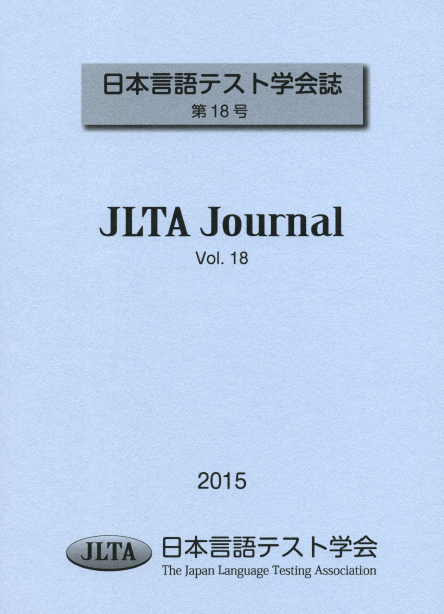Washback research in language education aims to demonstrate, explain, and ultimately predict, the impact of tests on teaching and learning in educational contexts. A recent review in the international arena (Cheng et al., 2015) has revealed a rapidly growing field of empirical washback research, yet only two studies were identified as occurring in the Japanese context. The present article therefore sought to more fully document the washback research conducted in Japan prior to 2021 with the aim of facilitating future research in this important area. Following an extensive online search, 32 empirical washback studies in the Japanese context were identified. These studies were analyzed in terms of the following information: publication details, test (s) involved, context and participants, methodology, aspects of washback investigated, and type of consequence targeted. The review reveals a wealth of empirical literature that has adopted a variety of research methods and designs to investigate the impact of a variety of tests, notably that of university entrance exams. On the basis of these previous studies, a series of recommendations are made for future washback research in Japan.
View full abstract
